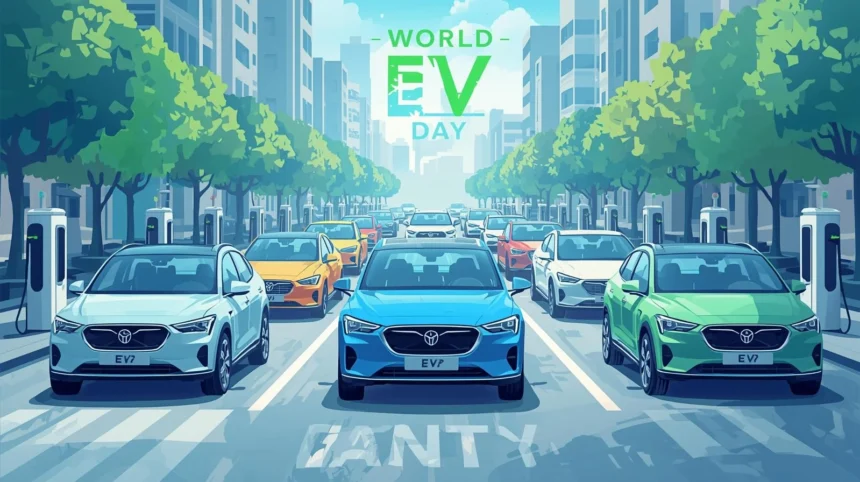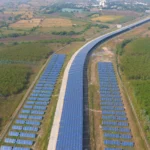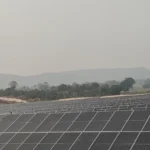As the world celebrates World EV Day on September 9, the spotlight is on a paradigm shift in mobility. But for a nation like India, this isn’t just about adopting a new technology—it’s about a fundamental transformation of its environmental, social, and governance (ESG) landscape. Electric Vehicles (EVs) are not merely a mode of transport; they are a powerful engine for a more sustainable and equitable future, and here’s why India needs them the most.
The E in ESG: A Breath of Fresh Air
India is grappling with some of the world’s most severe air pollution. A staggering number of Indian cities consistently rank among the most polluted globally, with vehicle emissions being a primary culprit. A recent study by the International Energy Agency (IEA) highlights that road transport accounts for a significant portion of India’s CO2 emissions and is a key contributor to urban air pollution. The shift to EVs, which produce zero tailpipe emissions, is a critical step towards mitigating this public health crisis.
While the source of electricity for charging EVs still needs to be considered, India’s rapid expansion of renewable energy capacity is a game-changer. The country is well on its way to achieving its ambitious targets for clean power generation, which will make the overall EV ecosystem significantly greener. By 2030, the carbon emissions avoided by India’s EV fleet are projected to be substantial, creating a direct positive impact on the environment.
The S in ESG: Fostering Social Equity and Economic Growth
The social dimension of the EV transition in India is profound. The high cost of fuel disproportionately affects the masses, particularly those who rely on two-wheelers and three-wheelers for their daily commute and livelihoods. EVs offer a remarkable economic advantage, with running costs being up to 80-85% lower than their internal combustion engine (ICE) counterparts. This translates to significant monthly savings for millions of families, improving their financial security and quality of life.
Furthermore, the burgeoning EV industry is creating new jobs and skills. From manufacturing batteries and vehicles to establishing and maintaining charging infrastructure, the EV revolution is a catalyst for economic growth and a just transition. This includes the development of a robust local supply chain, reducing India’s reliance on fossil fuel imports and strengthening its energy security.
The G in ESG: A Cohesive Policy Framework
India’s government has shown remarkable foresight and commitment to this transition, showcasing strong governance. Through initiatives like the PM Electric Drive Revolution in Innovative Vehicle Enhancement (PM E-DRIVE) Scheme and the FAME (Faster Adoption and Manufacturing of Electric Vehicles) scheme, the government has provided vital support through subsidies, tax benefits, and incentives for both manufacturers and consumers. The recent decision by the GST Council to retain a concessional 5% GST rate on all EVs, from two-wheelers to luxury cars, is a clear signal of the government’s long-term commitment.
These policies are not just about boosting sales; they are about creating a supportive ecosystem. Efforts are underway to expand charging infrastructure, with thousands of new charging stations being planned and installed by both public and private players. While challenges like “range anxiety” and the initial high cost of batteries persist, a strong policy push is ensuring that these hurdles are systematically addressed.
The Road Ahead
The numbers speak for themselves. In a recent year, India’s electric vehicle sales surpassed the 2 million mark, with electric two-wheelers leading the charge. This rapid adoption, particularly in the mass mobility segments, is a powerful testament to the consumer’s readiness for change.
World EV Day is a moment to celebrate these milestones, but it is also a call to action. The journey to a fully electric future is ongoing, and it requires the collective efforts of the government, industry, and the public. For India, EVs are more than just a trend; they are a strategic imperative to combat pollution, secure energy independence, and build a more inclusive and prosperous society—a true embodiment of ESG principles in action.












